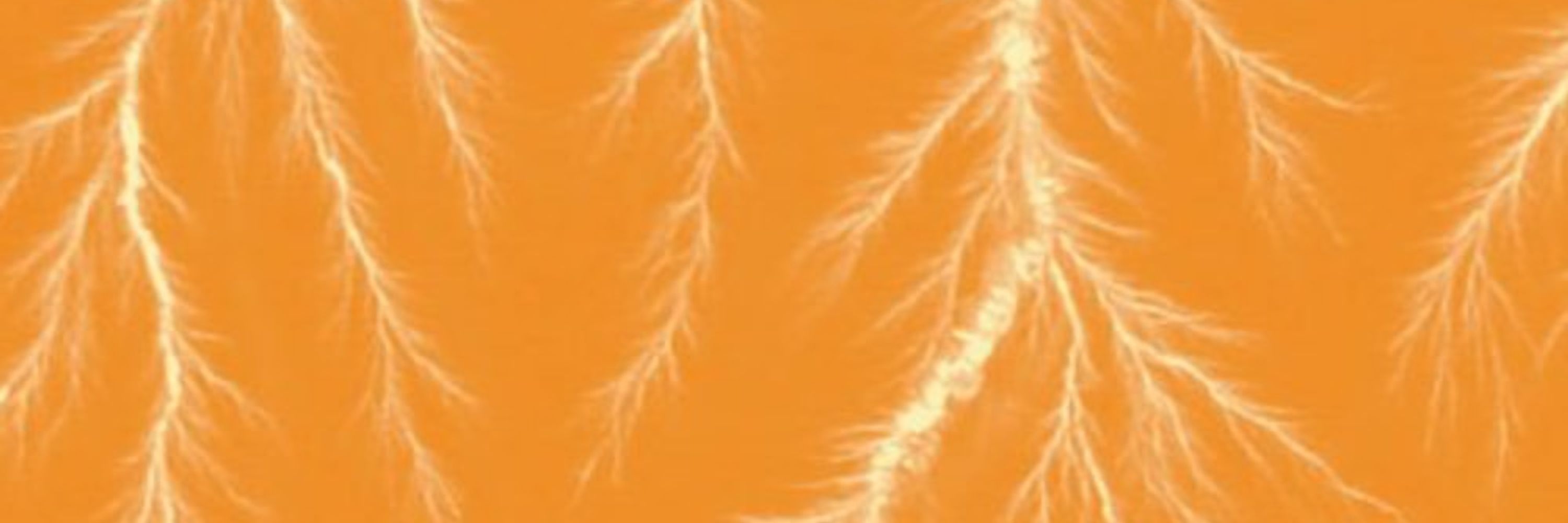
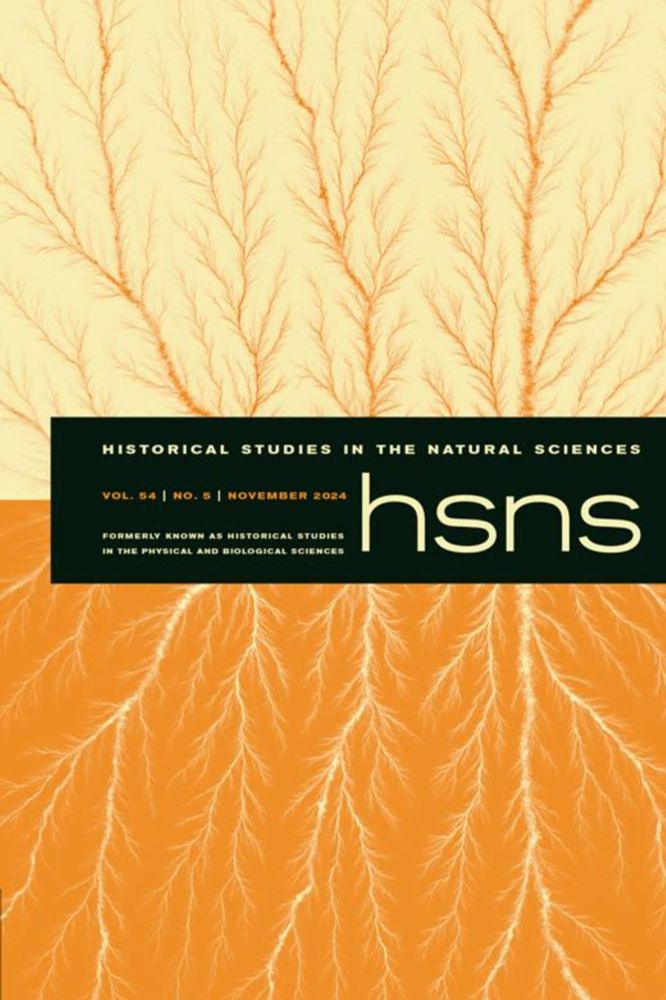
Fleming shows the cycle of boom and bust surrounding ideas of weather modification. Check it out!
#archive #WeatherModification
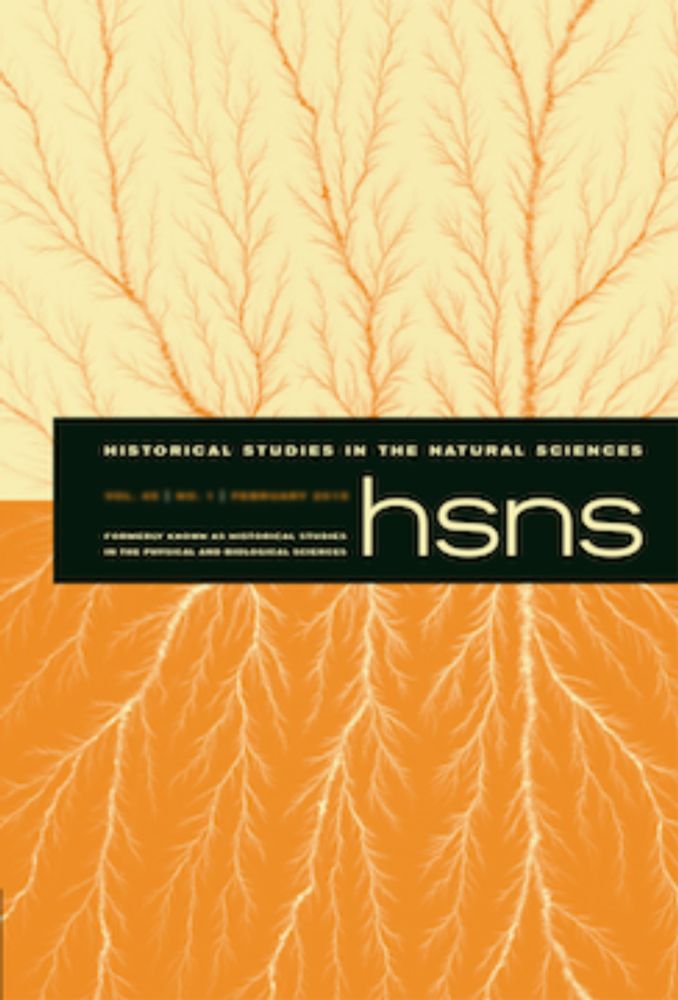
Fleming shows the cycle of boom and bust surrounding ideas of weather modification. Check it out!
#archive #WeatherModification
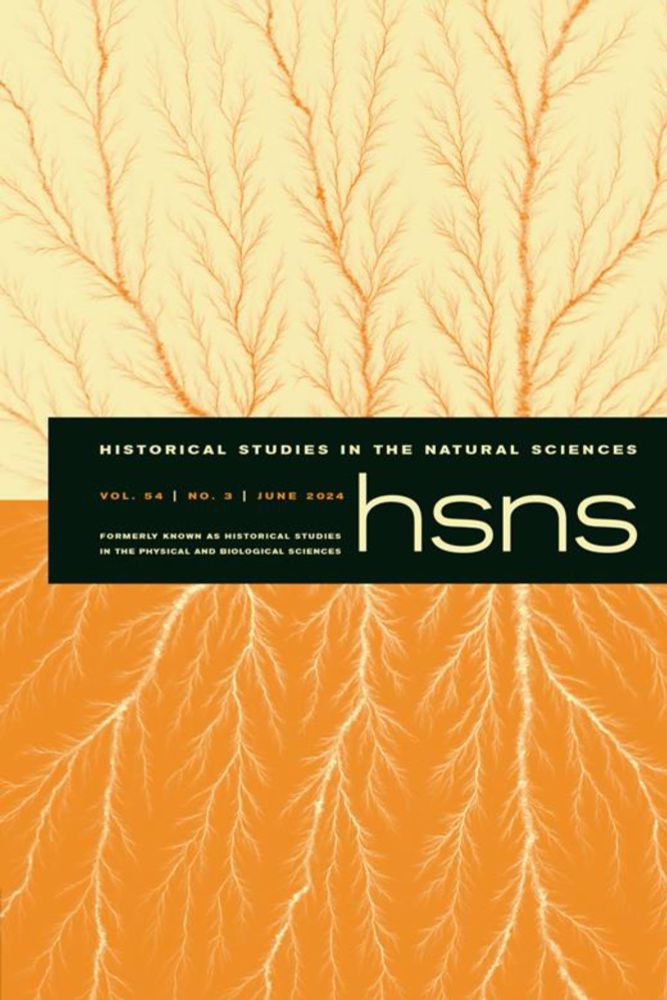
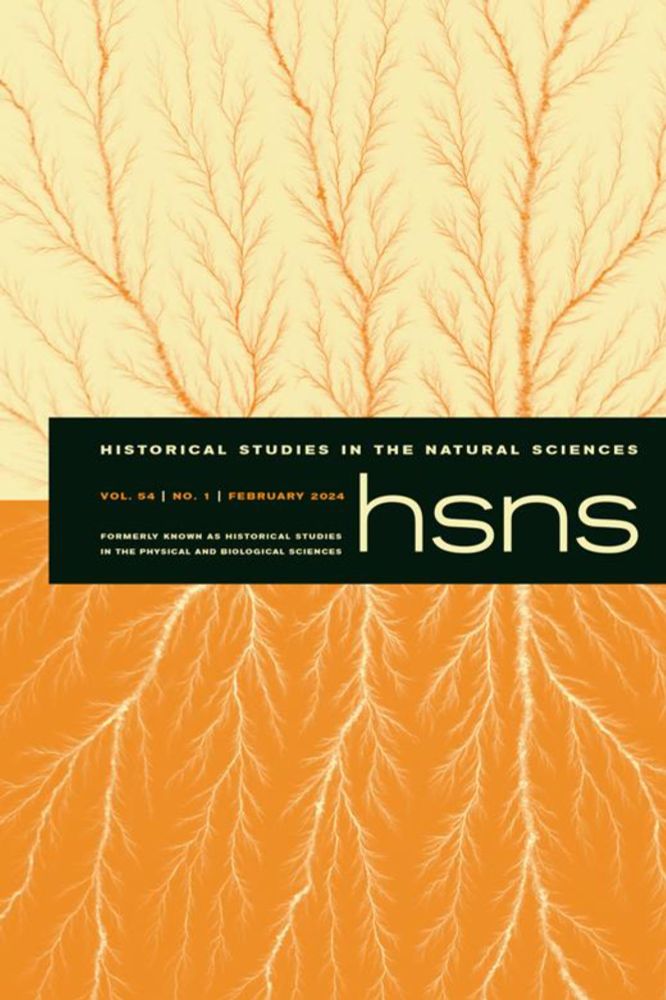
🚨Volume 54 Issue 1 🚨https://online.ucpress.edu/hsns/issue/54/1

🚨Volume 54 Issue 1 🚨https://online.ucpress.edu/hsns/issue/54/1


@hsnatsci.bsky.social
🗃️🧪#histsci #philsci #hpbio


